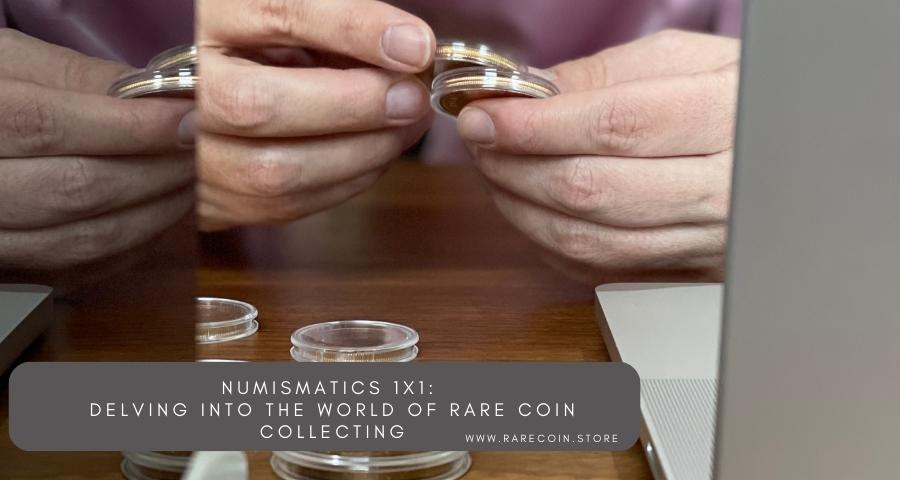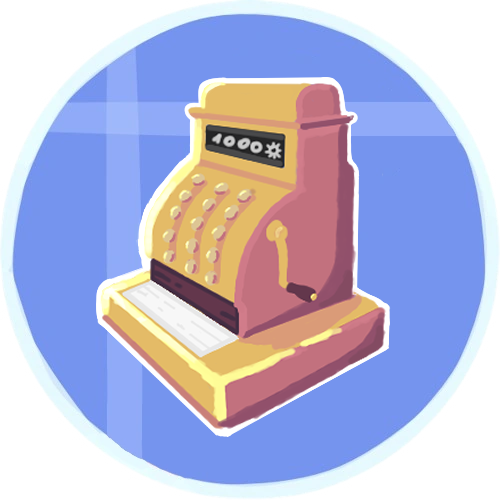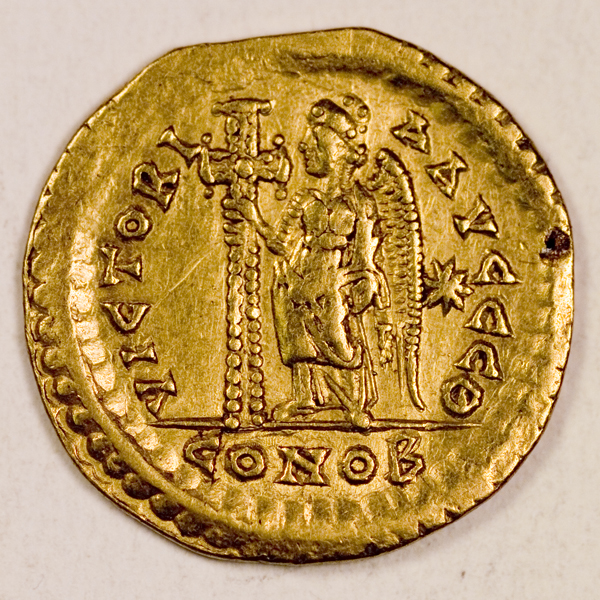Handy Facts For Deciding On Coin Display And Commemorative
Wiki Article
How Can I Access An Online Database To Do Studies On Numismatics As Well As Central Banks?
To ensure that information is collected and used for analysis, it is necessary to take into consideration several steps and factors when using databases to conduct numismatic studies on central banks.
Database Selection: Search for databases that specialize in financial data and numismatics such as those offered by academic libraries or numismatic groups. Numista as well as the World Bank databases are good examples.
The first step is to define your research objectives. Are you looking for historical coin designs of a particular central bank? Or are more interested in the economic policy that is reflected in coin designs or the effect a numismatic choice affects the economy? Make sure you narrow your search term accordingly using keywords such as "central bank coins," "numismatics," and specific central bank names.
Data Collection: Use databases' advanced search functions to narrow down articles as well as reports, datasets, and other information that you find interesting. Search for records from the past policies, documents on policy, and numismatic catalogs which provide coin types, minting locations, and historical contexts.
Analysis: After data has been taken, it's time to examine them to identify patterns or trends. Compare how different central banks view coinage. Study the evolution of design patterns as time passes. Find correlations between the numismatic trends and economic policies or historical events.
Cross-Reference: Validate findings through cross-referencing several sources of information in the database. This provides a more complete understanding of the data and reduces the risks of relying on a few or biased data points.
Documentation: Ensure that you note your findings in writing, citing the sources used and the methods employed. This documentation is crucial for academic or professional purposes and increases the credibility of your study.
Stay updated Keep up-to-date: Both numismatic information and central banks policies change as time passes. Stay current with the most recent research, updated catalogs of coins, as well as changes in central bank policy that may affect the numismatic trend by checking the database regularly.
These steps can assist you to harness the power databases have to conduct extensive study and get valuable knowledge about numismatics. This approach lets you explore the depth of the past aspects of coin production and circulation and also the economic consequences of numismatics. See the top rated our site for currency history for blog info including rial, uncirculated coins, banknote album, banknote printing, precious metals, coin minting, banknote magazine, banknote auction, currency society, coin errors and more.

What Can I Do With Numismatics To Find Artists?
The study of numismatics in relation to artists is done by using databases that concentrate on engravers, designers of coins and the aesthetic aspects of production. Here's a systematic approach to conduct this research: Database Selection: Choose databases that specialize in numismatic art coins, coin designers, and engravers. Catalogs of national mints online, such as the United States Mint and Royal Mint as well as numismatic research platforms (such as databases of numismatics) museums collections or publications on numismatics are some examples.
Define Research Focus: Specify your research objectives. Are you trying to comprehend the work of specific coin artists, the design of coins' evolution over time or artistic techniques for coin engraving Are you looking for cultural and historical influences that have influenced the field of numismatics? Find out the key to your research.
Search strategy: include particular artist names, historical dates and keywords (such as "coin designs", "numismatic artistes", "coin-engravers") in your search. Utilize advanced search options for filtering results by artist specialties, such as portrait engraving, thematic designs, and geographical regions.
Data Collection: Access information on coin artists, including their biographies as well as portfolios of designs. Also, learn more about notable works or contributions to the field of numismatics. Information on specific coins created and engraved by artists are accessible, including images, descriptions, or historical contexts.
Analyse the data and analyze the styles to learn more about the artists behind the coins. Explore how coin designs interpret historic themes and symbols. Explore the innovative artistic concepts and methods of artists in various areas or times.
Cross-Reference: Ensure the accuracy of your research by cross-referencing data from numerous databases, numismatic publications and museums' collections. This will guarantee the accuracy and completion of your study. You will gain insights into the many contributions of artists to the field of numismatics.
Documentation: Be sure to record your findings in a systematic manner, including sources and the methods you used. Provide the databases you used, the search term(s) and the relevance each source offers to the question you are asking.
Stay Updated Numismatic art and the contributions of artists continue to develop. Stay up-to-date by reading the latest news from the museums, the numismatic society and journals of scholarly research for the latest discoveries in numismatic art.
You can use databases to research numismatics and their relation to artists, by following these simple steps. This technique allows for a complete study of the techniques used by artists along with the cultural influences and historical contexts that shape the numismatic arts, providing an understanding of the relationship of coin production and art throughout history. See the best weblink for authenticity for more recommendations including platinum, banknote forum, bullion coins, copyright detection, commemorative coins, banknote dealer, coin appraisal, coin book, gold coins, coin blank and more.

What Can I Do With A Database To Research Numismatics Regarding Authentication Services?
To conduct research on numismatics in relation to authentication services, it is essential to use databases that focus on authenticity of coins as well as certification agencies and copyright detection techniques. This is a method that can be structured for conducting this research. Database Selection: Select databases that are specialized in the field of numismatics, certification agencies, and methods for detecting counterfeits. For instance, certification agency websites (like PCGS, NGC) and numismatic research platforms as well as publications from numismatic societies.
Define Research Focus: Specify your research objectives. Are you interested in learning more about the authentication methods employed by certification agencies? Are you interested in the methods to detect counterfeits, the historical methods used for identifying coins and how authentication affects the value of a coin. Find out the answers by defining your goals.
Search Strategy: Include keywords like "coin authenticity," "certification agency" and "copyright detector" in your search. If applicable, include specific agencies or technologies for authentication (such spectroscopy or micro-imaging). Use advanced search options for filtering results by the method of authentication, date and cases studies.
Access data on authentication techniques used by certification agencies. Find out information about the criteria for authentication, the technologies employed (like coins imaging systems and X-ray fluorescence) as well as case studies on authentication issues, as well as historical perspectives on coin verification.
Analyze Data: Analyze all information to assess the reliability and effectiveness. Evaluate how certification agencies authenticate coin identify counterfeits, and ensure standards of accuracy in authentication and grading procedures. Compare authentication methods across various organizations, or examine technological advances in the past.
Cross-Referencing Check your findings by cross-referencing across certification agencies, databases, websites, numismatic books and historic archives. This ensures accuracy and completeness when conducting your research. It also provides an extensive overview of the authentication procedures in numismatics.
Documentation: Document your findings thoroughly including citations to sources and noting methodologies used. Keep track of the specifics of the databases you visited, the search terms used as well as the importance each source has to your research question.
Keep up-to-date. As technologies advance and new counterfeiters emerge, authentication standards and technology change. Updates from certification agencies, publications on numismatics, and reports by companies are excellent sources of information.
Following these steps will allow you to gain a thorough understanding of authenticating and numismatic services. This approach allows a detailed examination of the methods, technologies and historical practices employed for authentication with coins and provides insight on the reliability, effects and effectiveness of authentication. Read the top coin mold for site advice including coin auction, silver, mint, currency exhibition, gold, coin forum, mint, penny, shekel, coin appraisal and more.

What Can I Do With Databases To Study Numismatics In Relation To Online Forums And Communities?
To conduct such research, follow this approach:Database Selection: Choose online forums and communities that are specialized in the field of numismatics. These sites permit collectors, enthusiasts and experts to share knowledge about current trends, debate them and showcase collections. Here is a structured method to conduct such research. Examples include forums like CoinTalk, Reddit's r/Coins, and specific numismatic communities on social media platforms like Facebook groups or LinkedIn.
Define Research Focus: Specify your research objectives. Do you want to understand the current trends in collecting or to discuss particular coins as well as historical periods? Or do you solicit advice regarding authenticity and the process of grading. Find out what interests you are interested in to help you narrow your search.
Search Strategy: Choose relevant keywords to your interests, such as "numismatic forums," "coin collector communities," and "online numismatic discussions," including specific topics or phrases (ancients coins, modern-day coins, paper currency) related to your question. Utilize the search function within each platform to locate relevant threads and discussion forums.
Data Collection: Read discussions, threads, and posts within online communities. Find out about coin identification tips and market trends of the moment, personal experiences and discussions about numismatics.
Analysis: Examine and appreciate the opinions of members within the numismatic online communities. Take note of the expertise, consensus, as well as the depth of discussion among the members of the community to assess the data.
Cross-Referencing. You can verify your findings by comparing information from different forums. Examine the insights of other communities to get the full picture of patterns, market trends or professional advice from the numismatics community.
Documentation - Document your findings in a systematic manner including threads, contributors, and discussions as needed. Keep track of key insights and opinions expressed in the online communities and forums.
Stay engaged: Participate actively in discussions, ask questions and join discussions to gain more insights and make connections within the community of numismatics. Keep abreast of the most recent threads, announcements, and responses.
Following these steps can assist you in conducting effective research on numismatics through online forums and community sites. This method allows you to access the collective knowledge and knowledge from a wide collection of experts and collectors. They can provide invaluable insights and perspective on various aspects regarding coin collecting and identification. Have a look at the recommended peso for blog advice including banknote society, coin holder, banknote news, austrian coins, austrian coins, banknote club, coin artist, coin identification, coin magazine, coin auction and more.

What Can I Do To Research Numismatics In Relation To Industry Consultants With An Online Database?
To conduct research on numismatics it is crucial to make use of databases that have information on industry reports as well as individual consultants as well as numismatic societies. This is a step-by-step guide for conducting this research: Database selection: Choose databases that specialize in publications, reports and industry reports and consulting firms. They include directories for businesses and websites for consulting firms. Additionally, they include publications of numismatic societies.
Define Research Focus: Specify your research objectives. Are you searching for information about consulting services that are offered to numismatic firms or market analysis of numismatics, or the expertise of specific consultants or industry consultants in a particular sector? Make sure you know what you are looking for in order to guide your exploration.
Search Method: Search using keywords like "numismatic industry consultant", "numismatic consultancy firms" as well as "market analyses on coins" to get relevant results. If applicable, you can also include geographic regions as well as specific areas of expertise. Utilize advanced search options to sort results according to date, consultant specialties, and consulting services offered.
Data Collection: Access data on firms that specialize in numismatics, as well as industry experts who provide services to numismatic businesses. Find out more about profiles of consultants as well as specializations (market analyses collecting management, and authentication), client testimonials and reports authored.
Analysis: Examine and comprehend the contributions and roles of consultants from the industry to numismatics. Examine the knowledge and methods used by consultants when advising on the numismatic investment, market trends, collection management strategies, and compliance with regulatory requirements.
Cross-Referencing: Check your research findings by cross-referencing data across multiple databases, consulting firm directories, numismatic society publications, and reports from industry. This method ensures that your research is reliable and thorough, allowing you to get a complete view of the world of consulting the field of numismatics.
Documentation. Document your research findings by citing sources noting the methods used. Keep track of details on the databases accessed, search terms used, as well as the importance of every source you use to answer your research questions.
Keep yourself up-to-date Market trends and consulting services in numismatics are changing as economic conditions change and laws. Check out the latest updates on the sites of consulting companies, industry reports and publications from societies for numismatics to keep up with the latest industry insights.
These steps will enable you to gain an understanding of the numismatics industry and consultants. This method allows a detailed review of the advice services provided, market analysis conducted, as well as the strategic insights that consultants provide within the numismatics sector. Additionally, it provides insightful perspectives on the business's operations and investment strategies as well as market changes. Have a look at the most popular these details for site info including coin forum, coin show, banknote magazine, coin release, banknote storage, coin dealer, banknote album, real, banknote artist, copyright detection and more.
